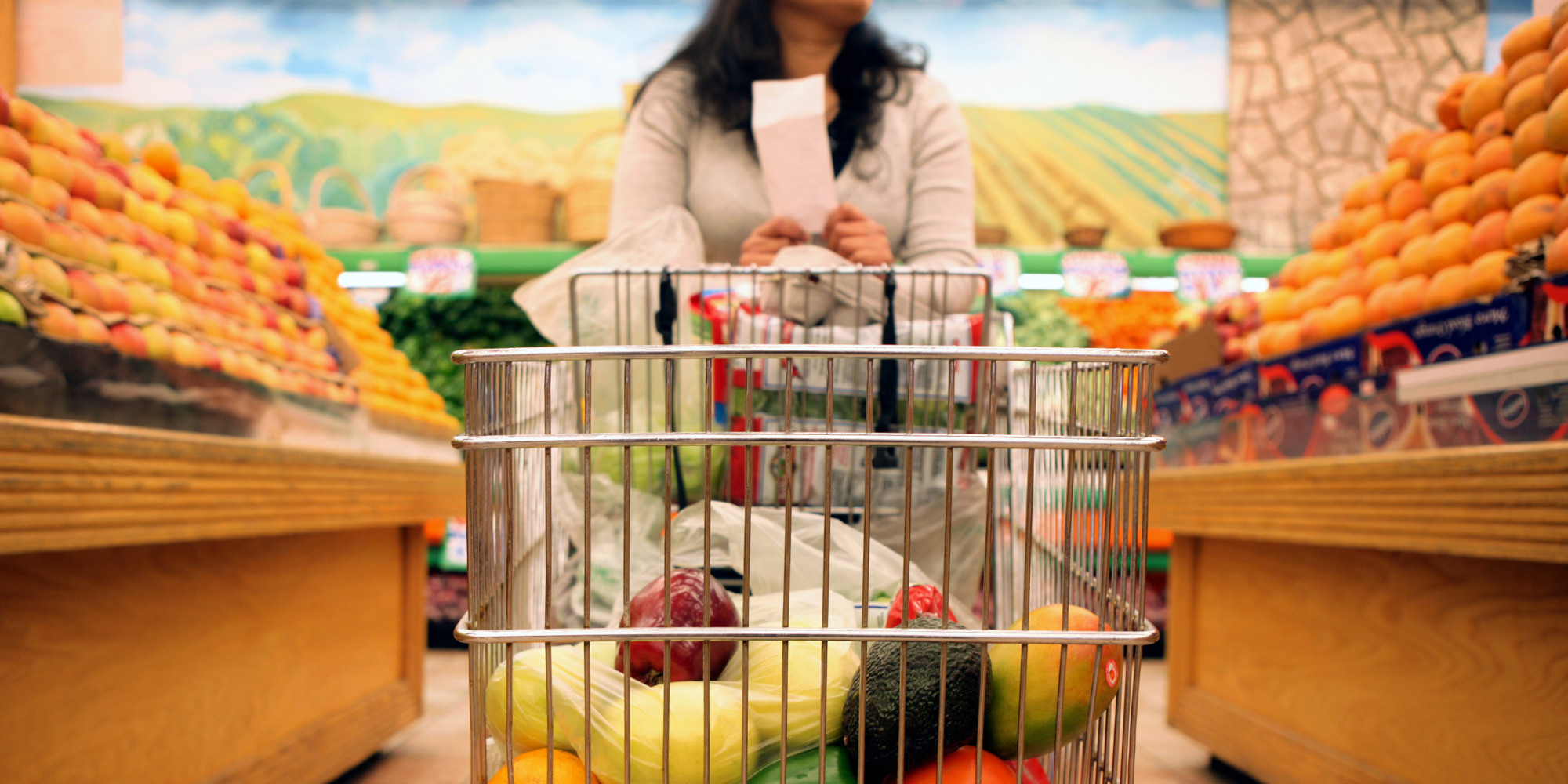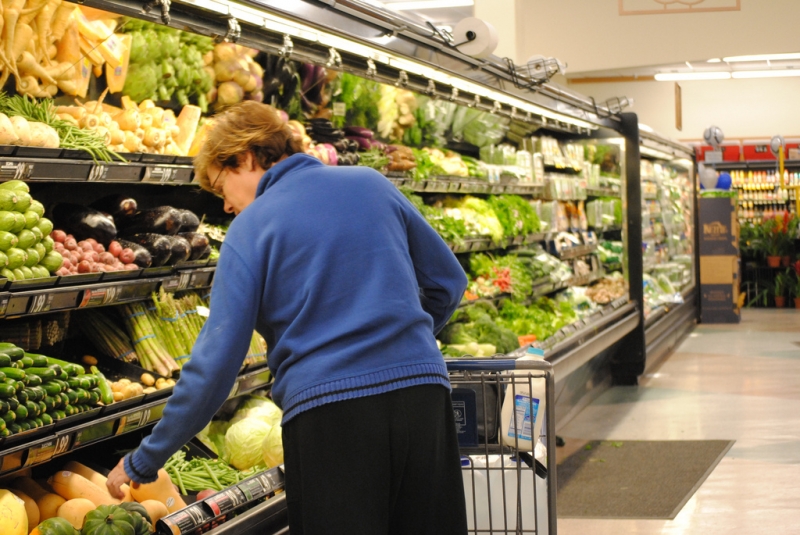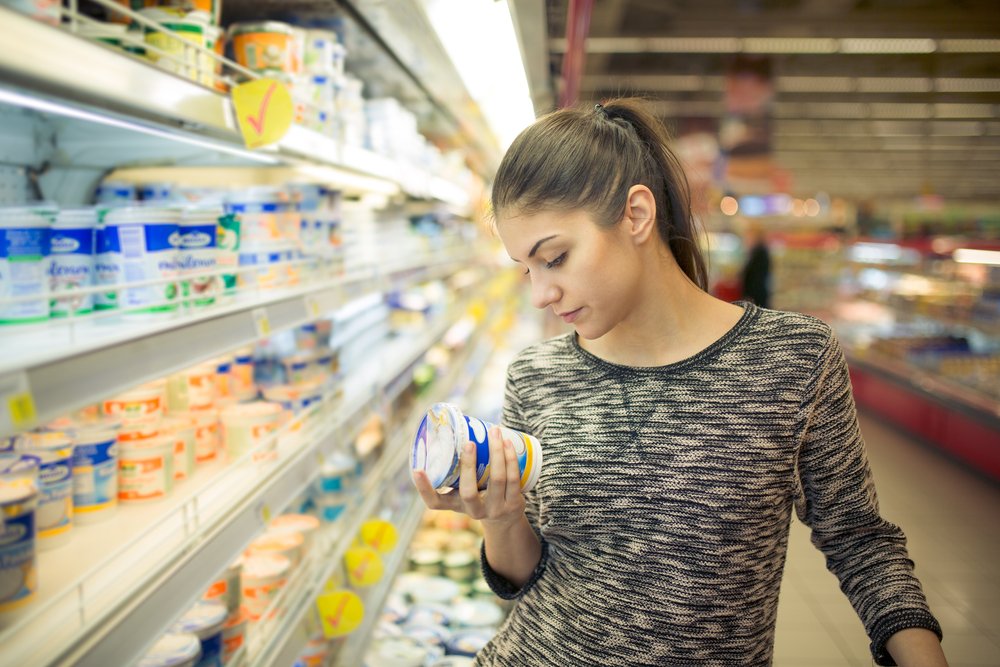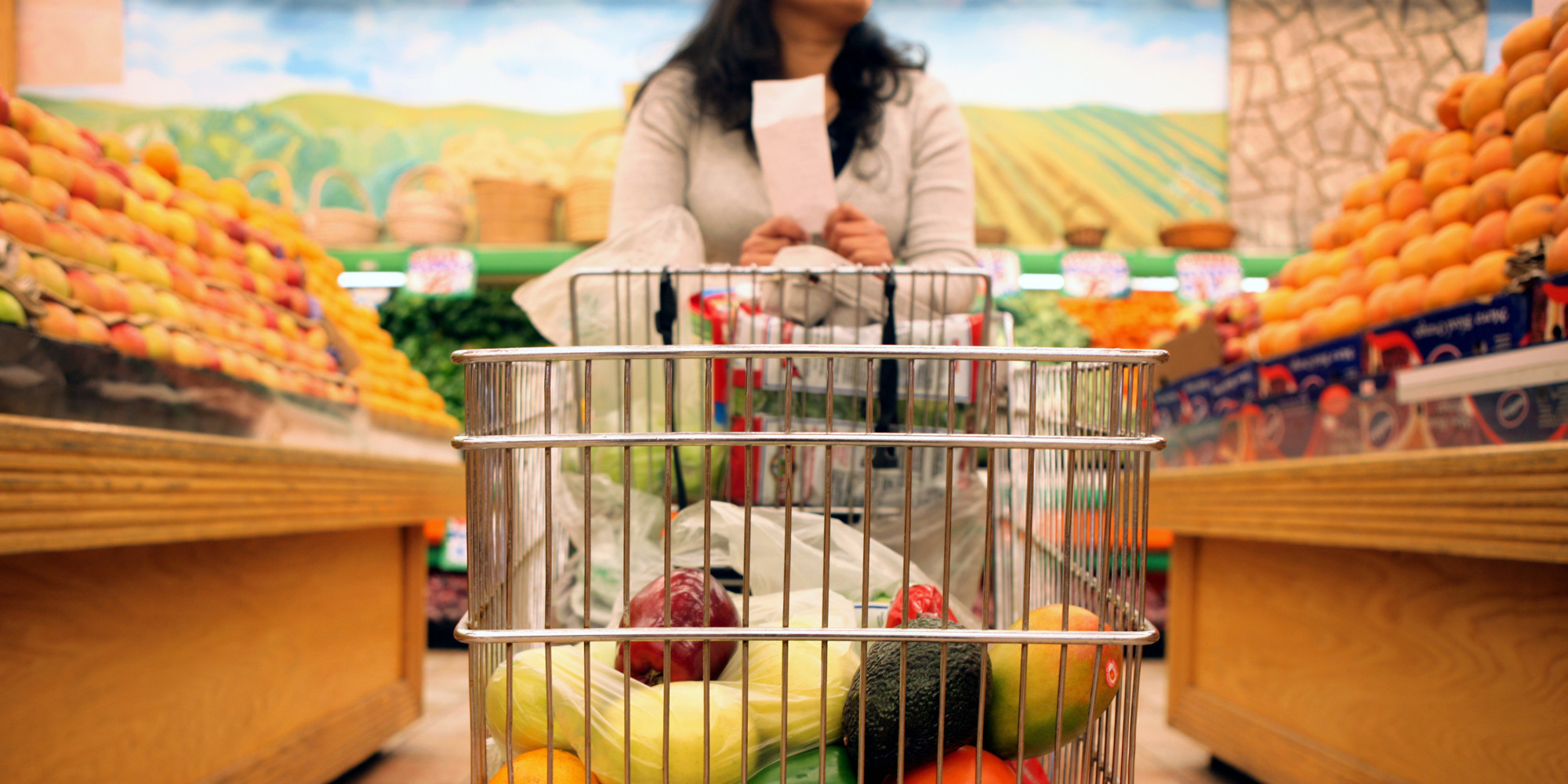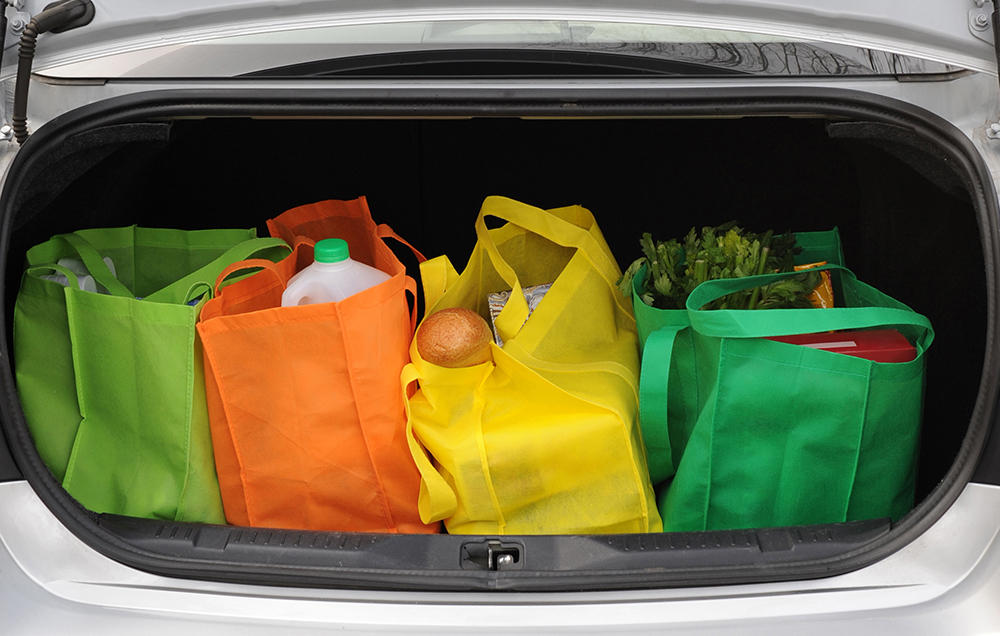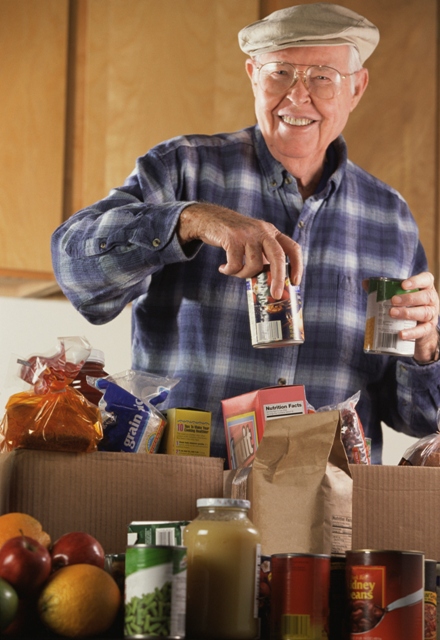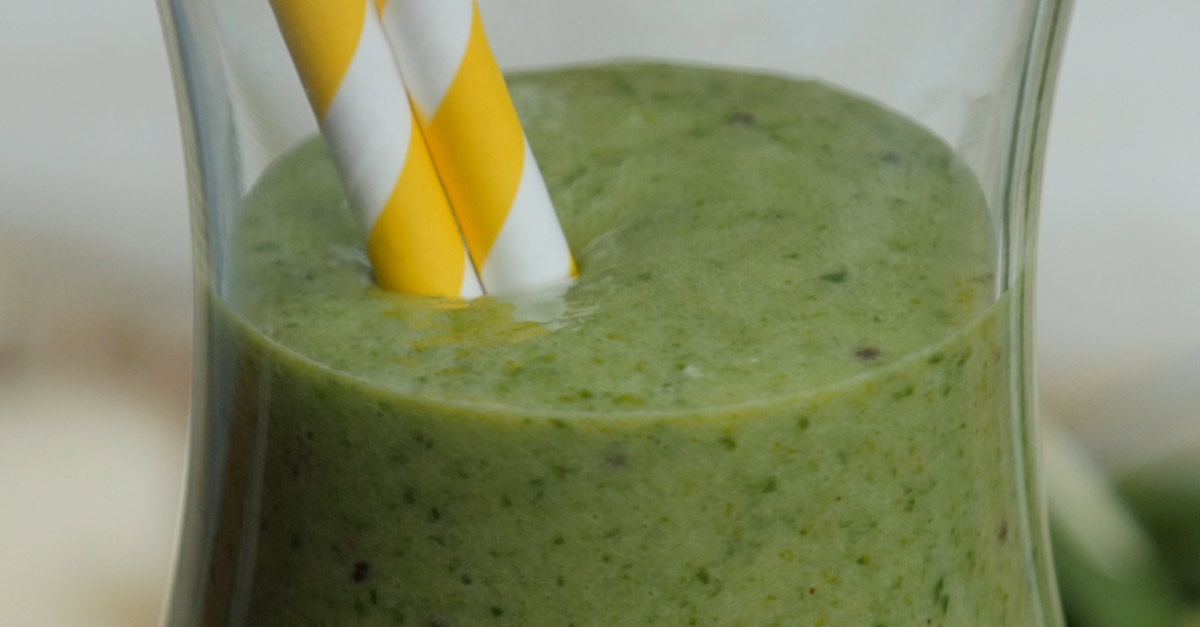We are always on alert about the restaurants we eat at and how they handle our food, but have you thought about how shopping for your food can cause you to get sick?
To prevent food-borne illnesses, safe handling of your food begins at the grocery store. You want to make sure that the food you buy is safe to eat even before you get it home.
While our risk of food poisoning increases in the summer months because food spoils faster there is plenty we can do to prevent getting sick.
Here are some shopping tips you can put into practice when you visit the grocery store:
- While most people start their shopping trip in the produce or meat section, consider picking up your shelf staple items first. This will help you avoid your refrigerated, frozen and ready-to-eat food from getting up to room temperature while you shop.
- Carefully inspect all the cans you buy. Avoid products that are dented at the seams or rims. Do not buy any can that appears to be bulging, leaking or rusting.
- Confirm that all seals on canned goods and pre-packaged products are not broken. If you are buying sour cream, tubs of yogurt or cans of chips, open the plastic lid to make sure the seal is secure underneath.
- Always check the Best Before Dates and Expiry Dates on all products you buy. Best Before dates help to indicate the shelf-life and freshness of an unopened product. You can still eat foods that have pasted their Best Before Dates, but they may have lost some of their freshness, flavor and texture. You should not eat food that has past an Expiry Date as the product may be compromised.
- When you're in the produce department make sure you check your fruits and vegetables carefully and avoid buying items that are moldy, spoiled or damaged. One shopper learned the hard way, when she found a female black widow spider in her grapes.
Check and wash your grapes! We found a female black widow in our grapes from the sobeys in kanata. They were imported...
Posted by Christy Canning on Monday, July 3, 2017
- Keep raw meat, poultry, fish and seafood away from other food in your cart. Place a plastic bag over the tray of your raw protein to avoid juices from leaking and contaminating the other food in your cart.
Continue to the next page to find out the mistakes your making when taking your groceries home and storing them.
While choosing the right food to bring home from the store is important, keeping it fresh until you are ready to eat it, is also essential.
Being extra vigilant about how you transport and store your food will not only preserve your groceries' freshness, but help to keep them from spoiling early. This will add up to less money spent at the supermarket and less food waste all together.
Transporting your food home:
- If you're spending the day running errands, save your grocery shopping for the end, so that you are going straight home after picking up your food.
- If it's an especially hot day, place foods in an insulated cooler bag with ice packs to keep them cool on your way home.
- Once you reach the car, put your bags inside the passenger area. Even if you don't use the AC, it will definitely be cooler than the truck which can heat up really quickly.
Storing your food at home:
- Inspect all your food items before putting them away. Keep an eye out for cracks or damages that may have occurred during transit.
- Put away all your refrigerated and frozen items first, leaving your dry goods for last since they will be least likely to spoil.
- Never store your milk on the door of the fridge. It should always be stored in the coldest part of the fridge, which is usually in the center.
- Store your cheese, yogurt, deli meat, washed fruits and vegetables and leftover foods that need to be reheated on the upper shelves.
- Meat and seafood should be stored in the lower shelves to prevent blood or juices from dripping onto other food.
- If you use reusable grocery bags or bins, make sure you clean and sanitize them before your next shopping trip.
How many of these errors are you guilty of? Share with a friend to make sure everyone stays healthy.
Source: Windsor-Essex County Health Unit / Prevention
